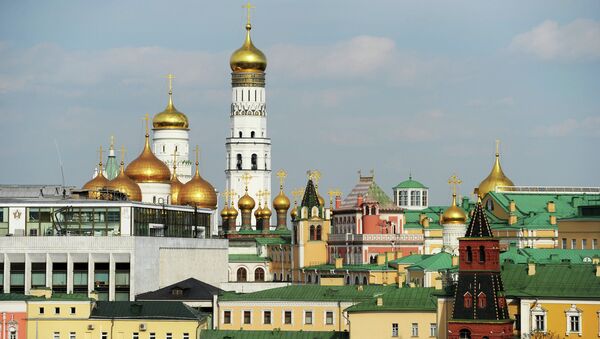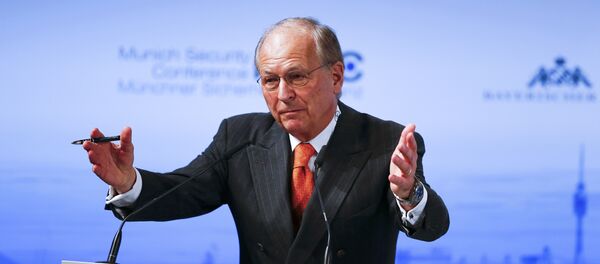Vondruška offered the Czech's view of an external threat as an example.
"History repeats itself," he noted. In the 19th century, the Czechs viewed Prussia as an enemy. Then Nazi Germany, Bolshevik Russia and Western Germany were perceived as an adversary. At the moment, "the Czechs, as loyal Europeans, view Putin's Russia as an opponent."
The notion that Moscow is nothing short of a threat to regional stability and security "has been forced" upon Europe, he added. It is a result of a modern version of Germany's Drang nach Osten policy that these days is carried out by instruments like sanctions, not weapons.
Russian officials and experts have repeatedly dismissed claims of Moscow's expansionist ambitions as not grounded in reality. Indeed, the country played no role in sparking a civil war in neighboring Ukraine and made every effort to resolve this crisis through diplomatic means.
Yet the months-long conflict and Crimea's democratic reunification with Russia have been used to justify restrictive measures imposed on Moscow, military buildup close to Russian borders and tough rhetoric towards the Kremlin.
"I think that nothing is more stupid than efforts to dig deeper the trenches of hatred, strengthening them with sanctions, petitions, media attacks and slander. A politician who due to blindness or stupidity is unwilling to reach an agreement with a neighbor should not be in power," the historian observed.



